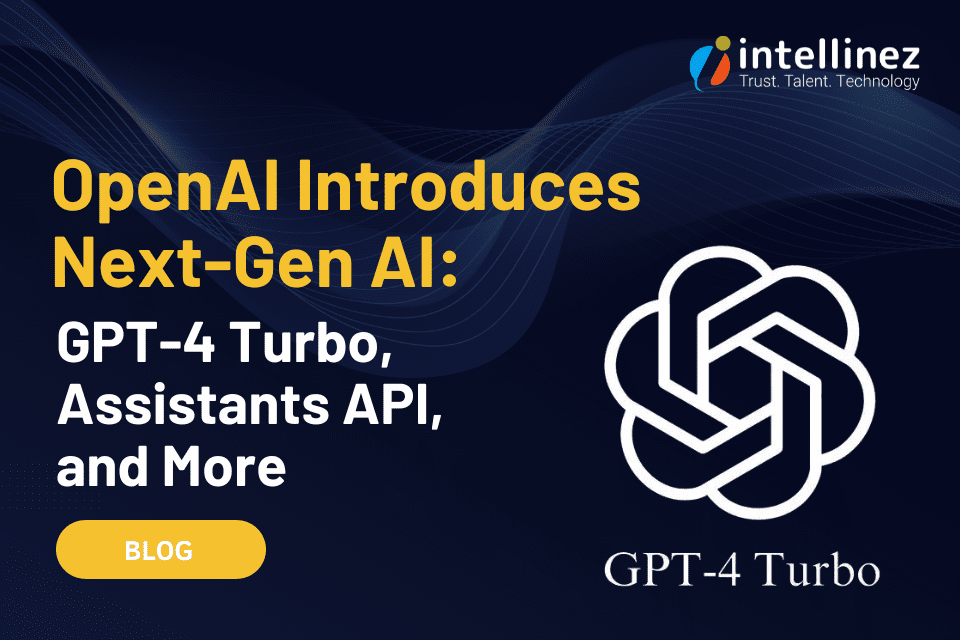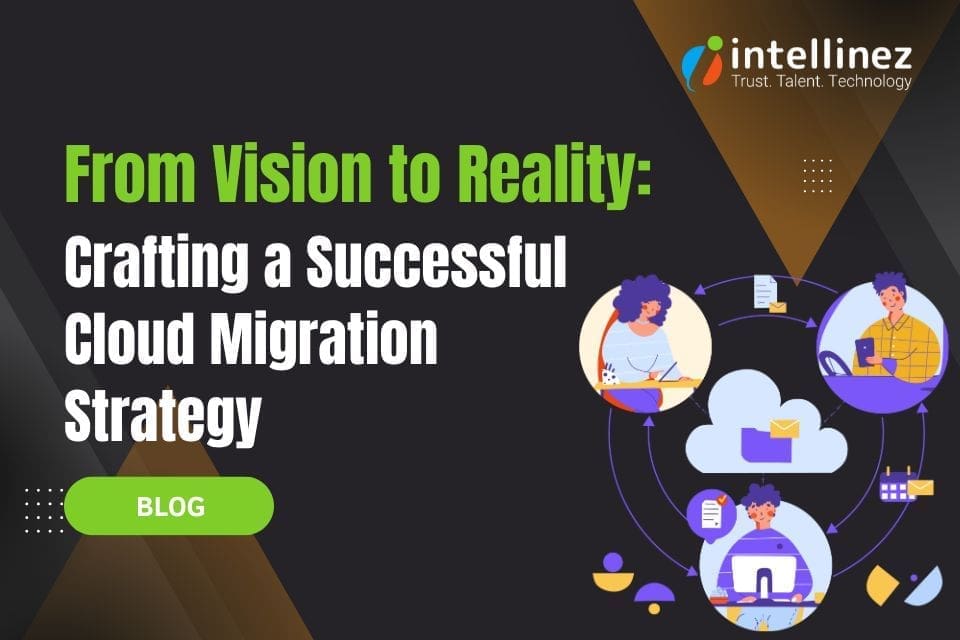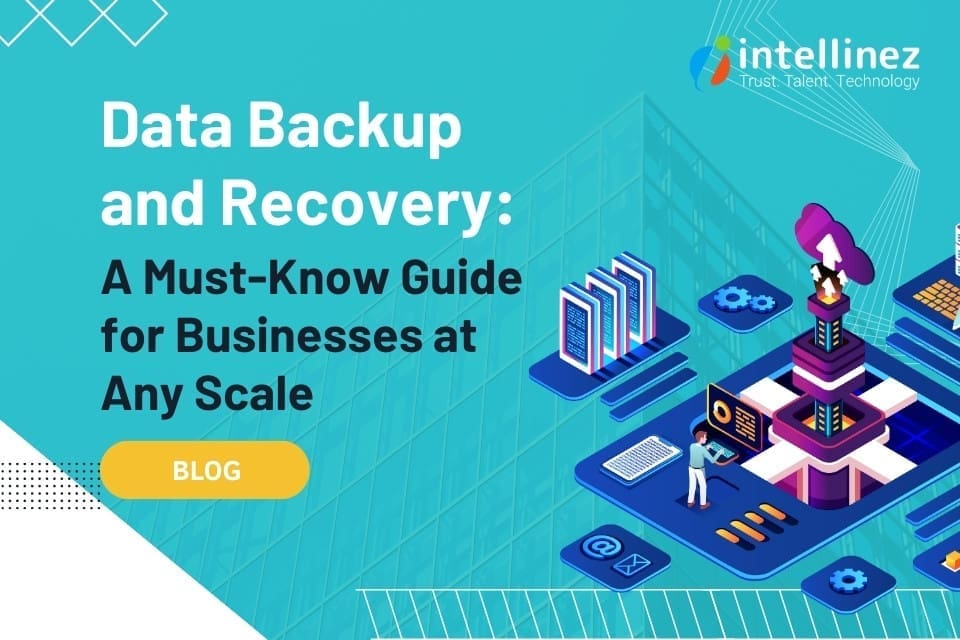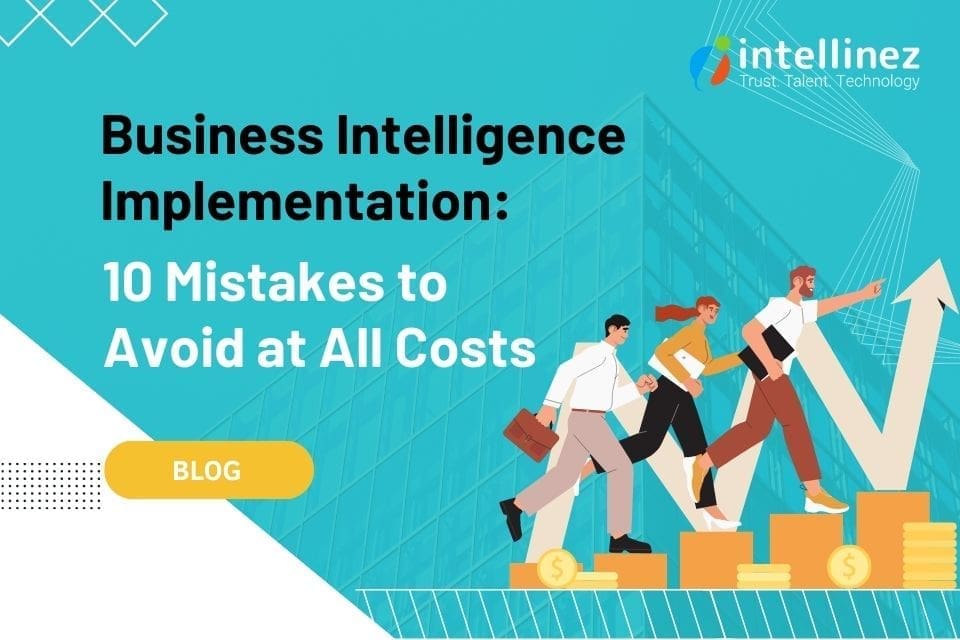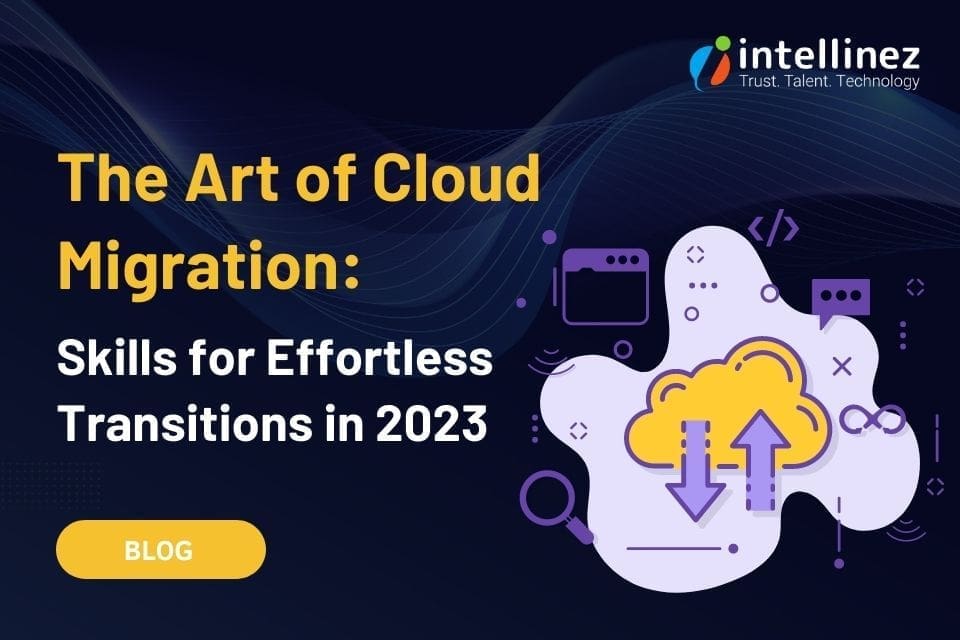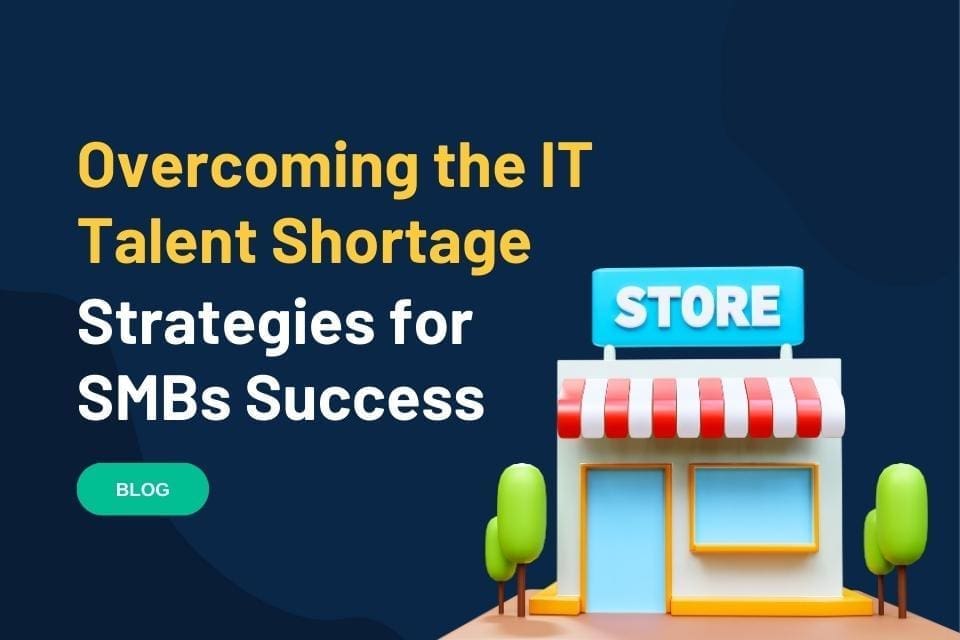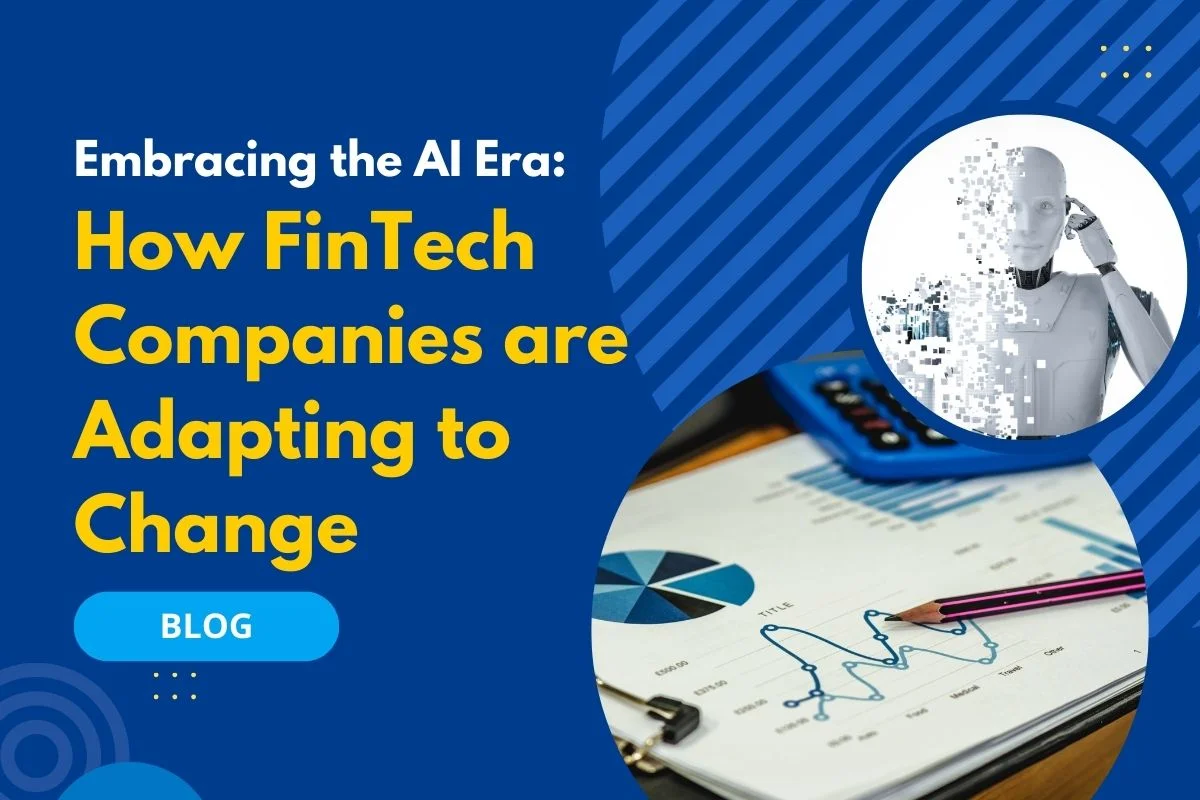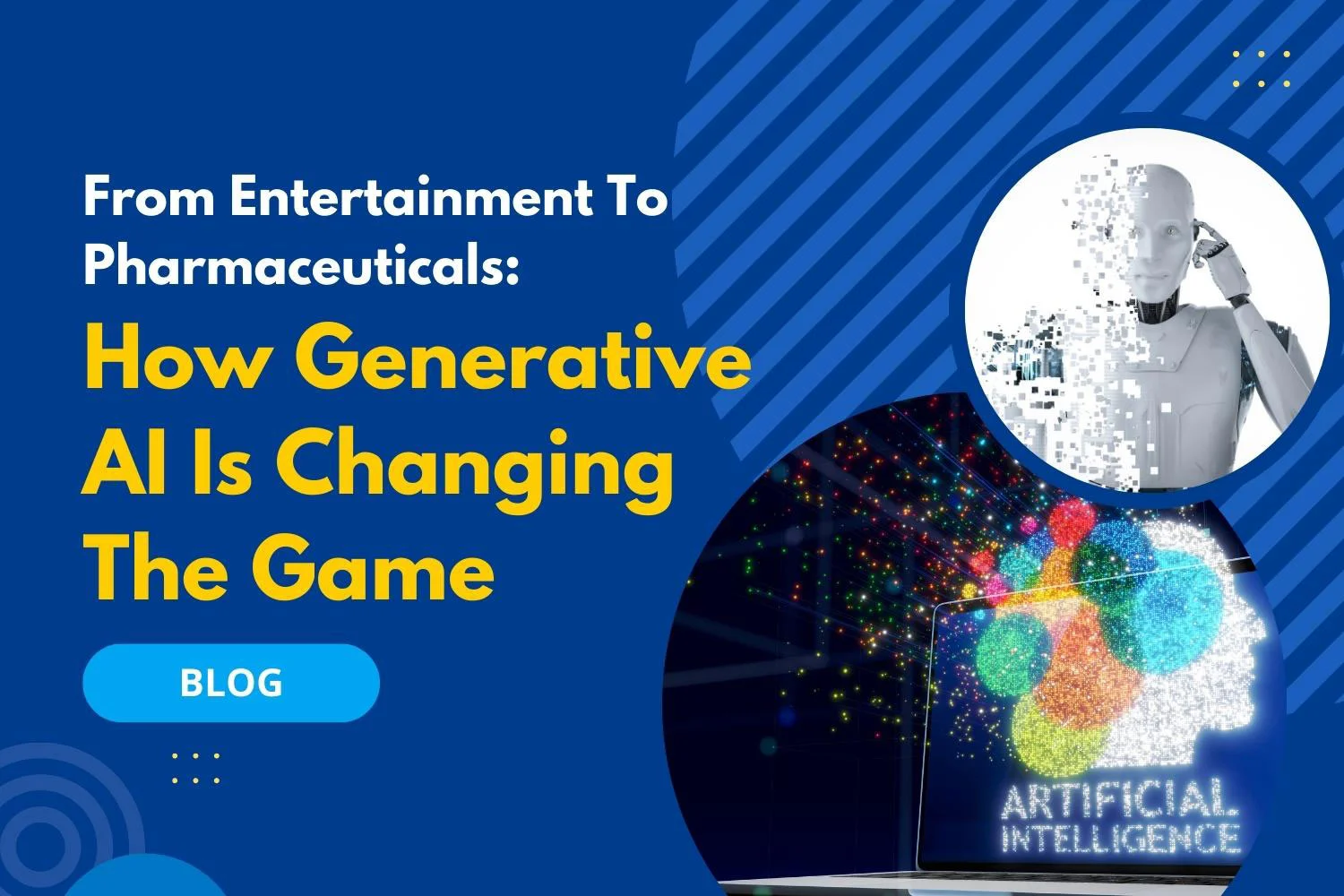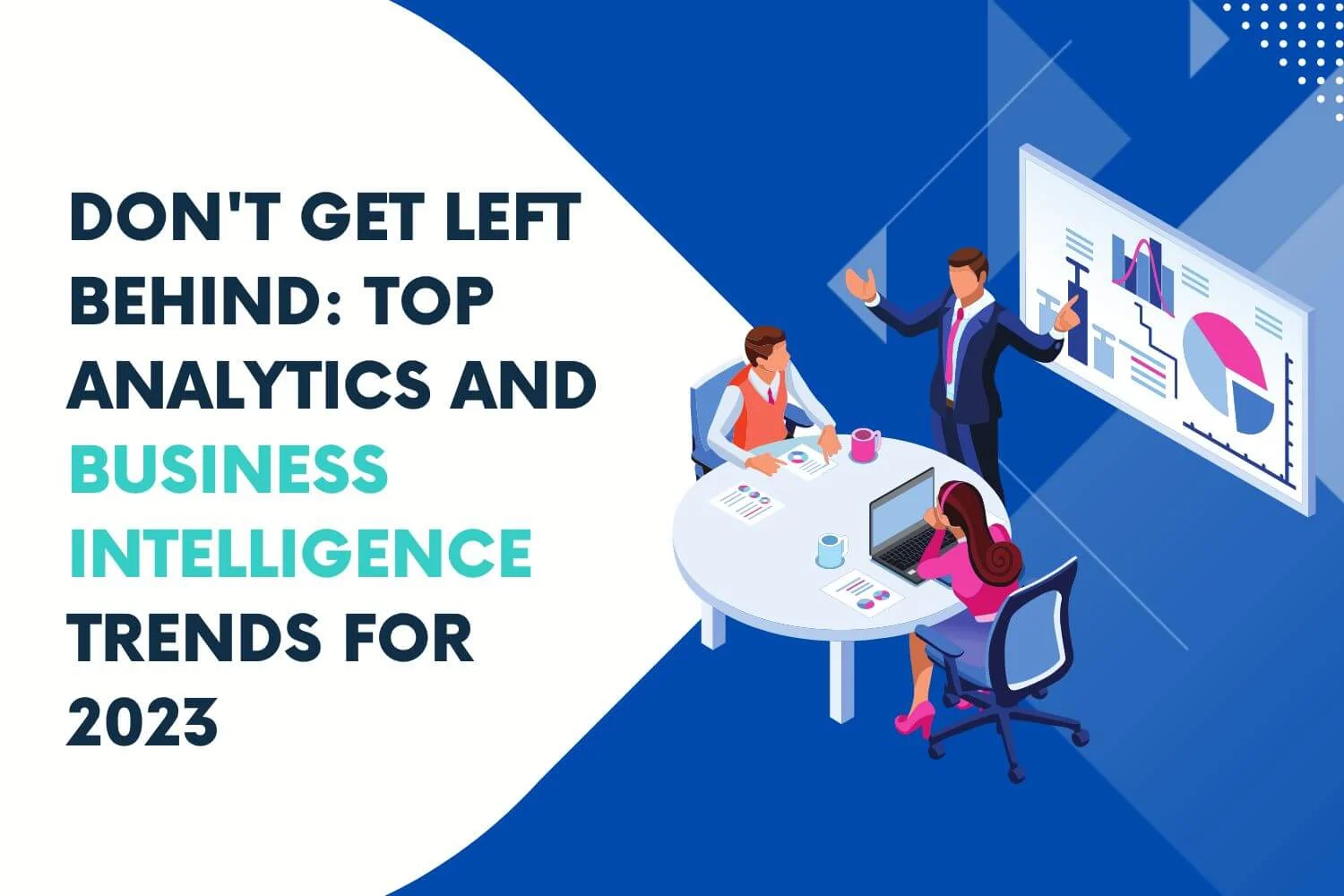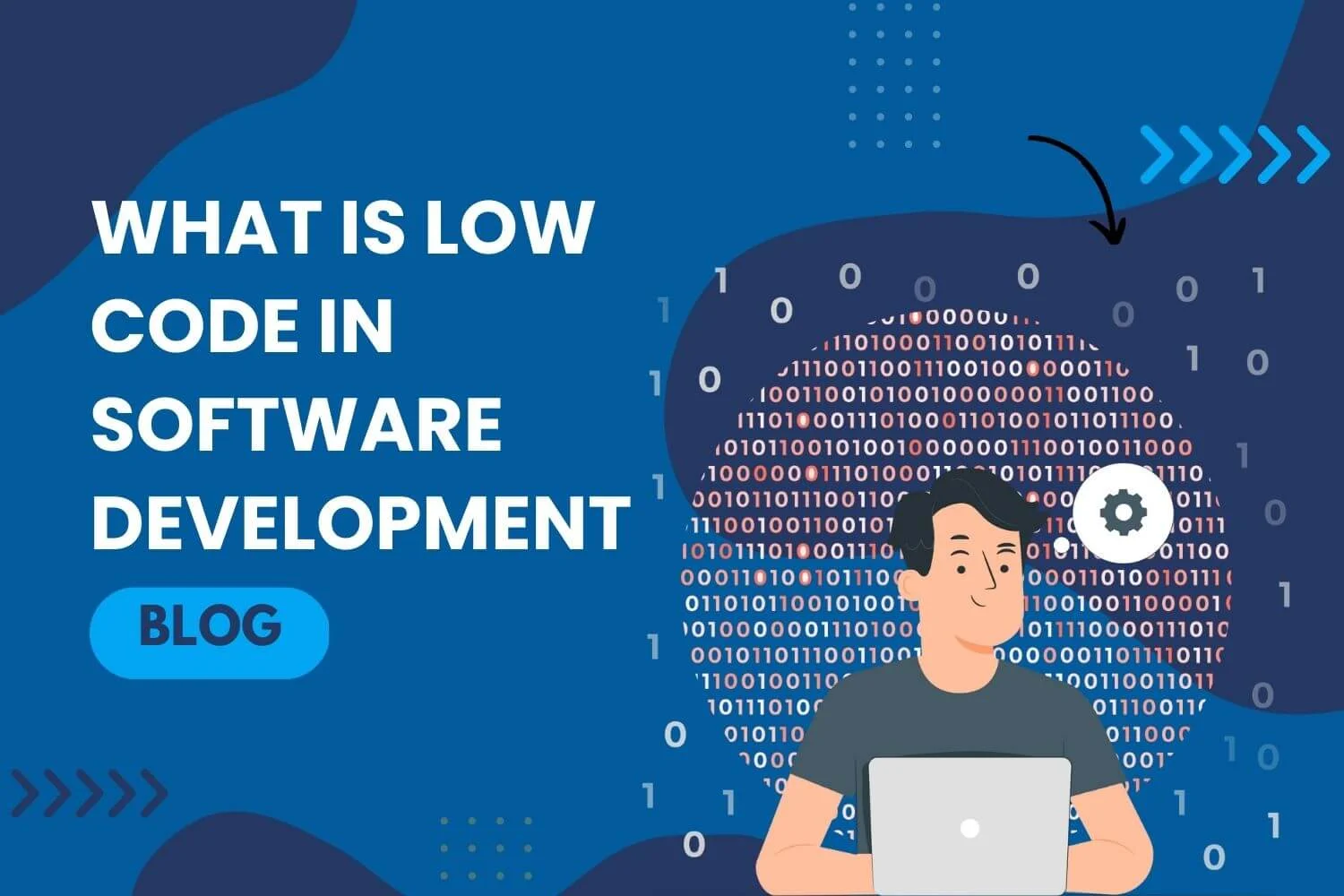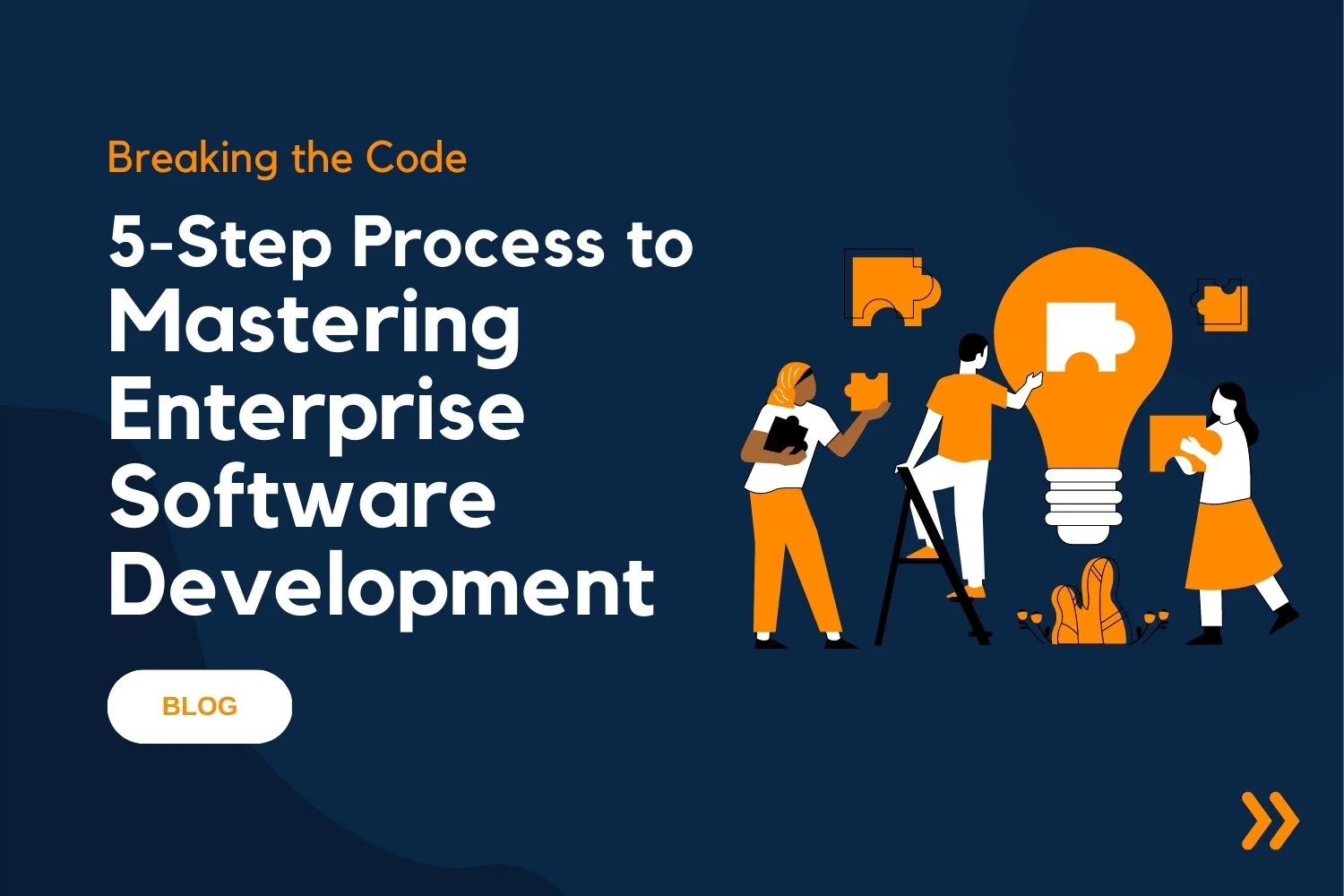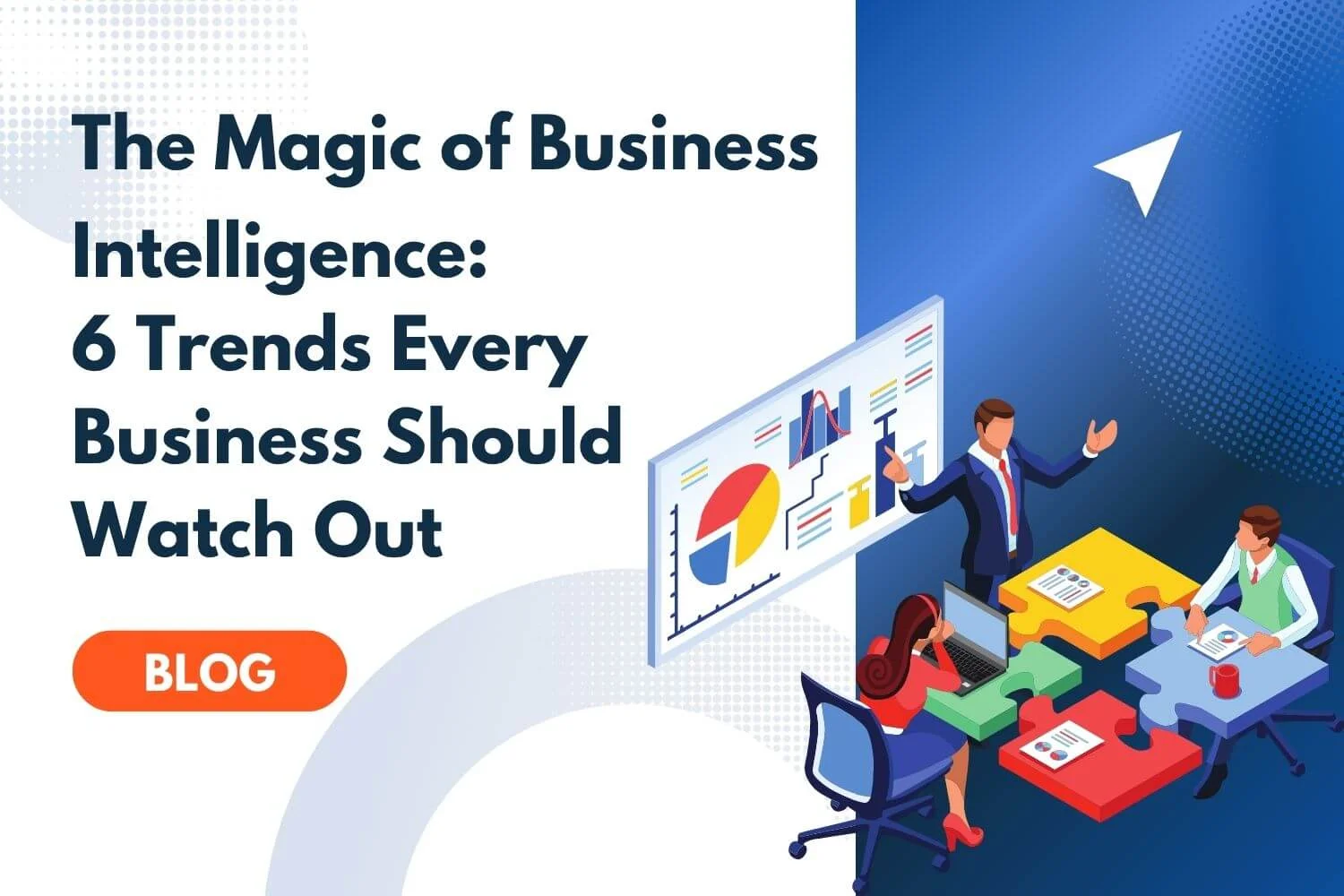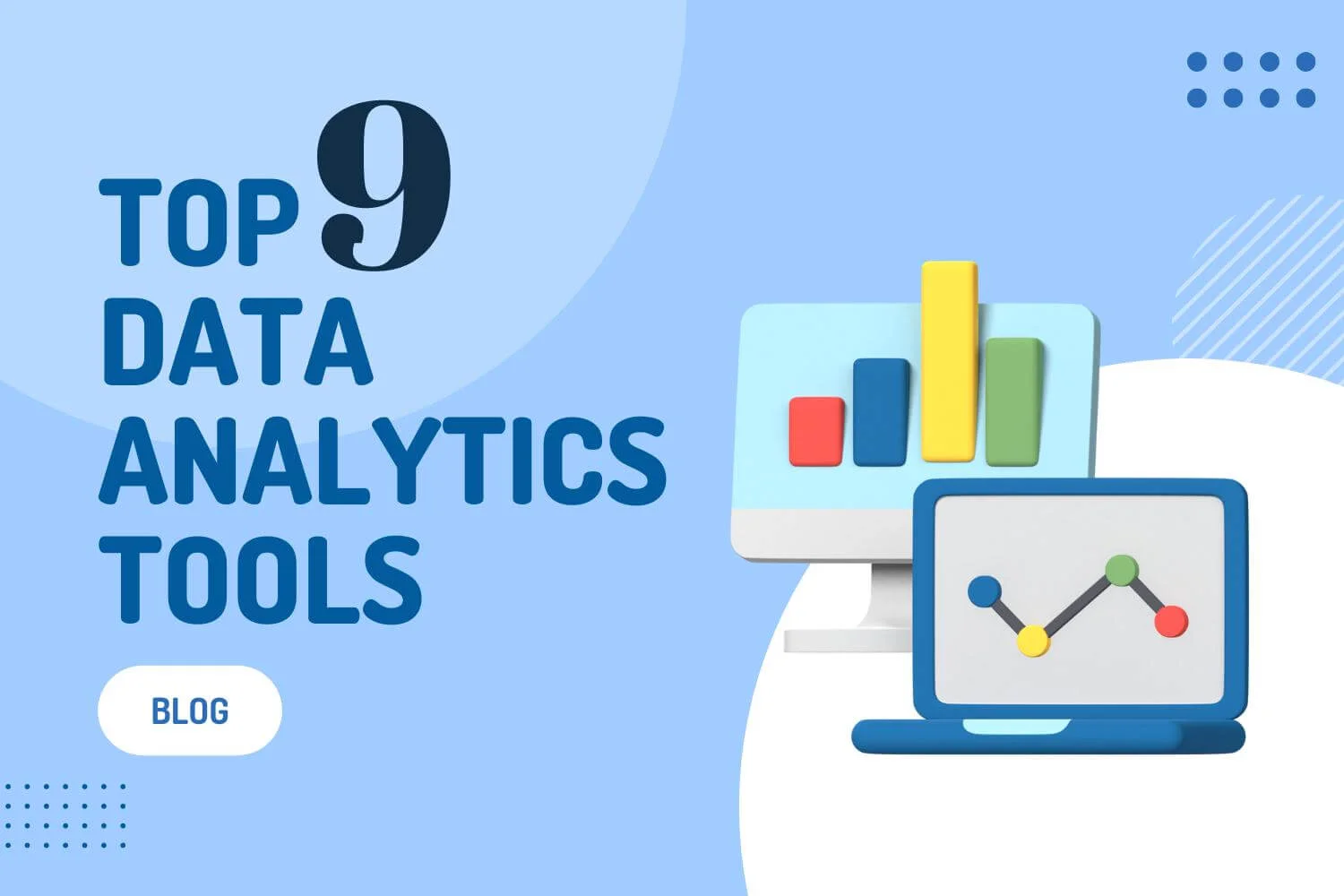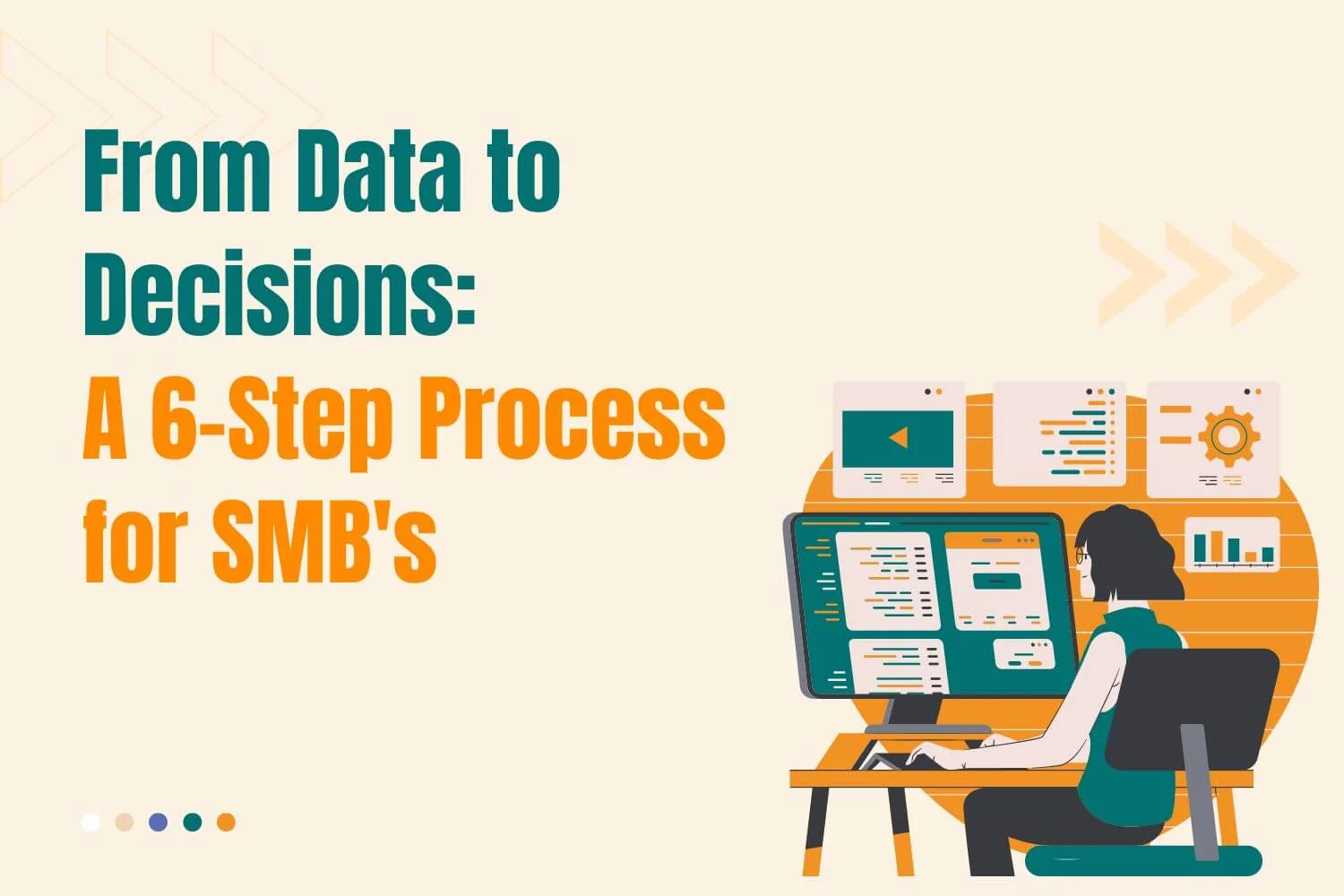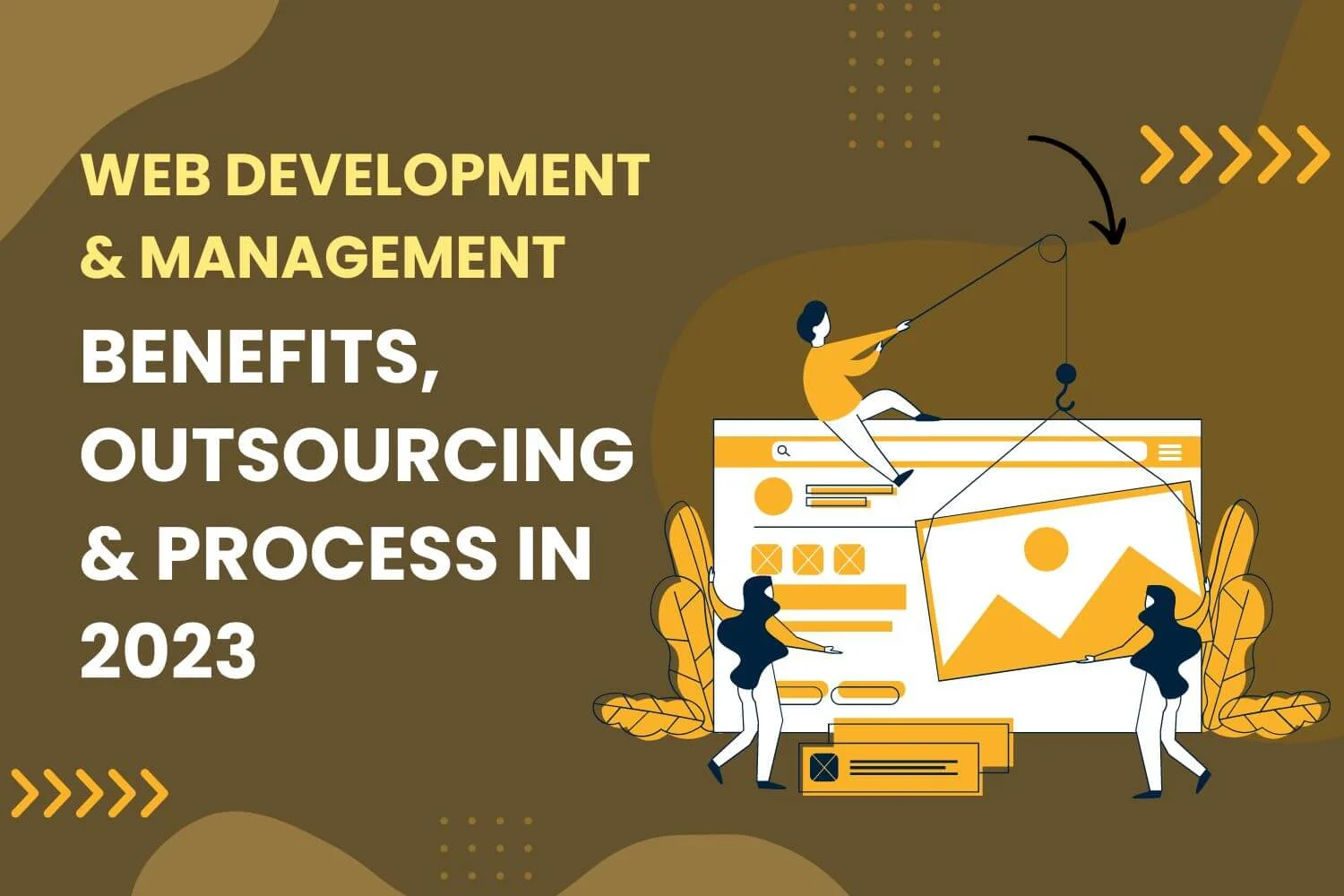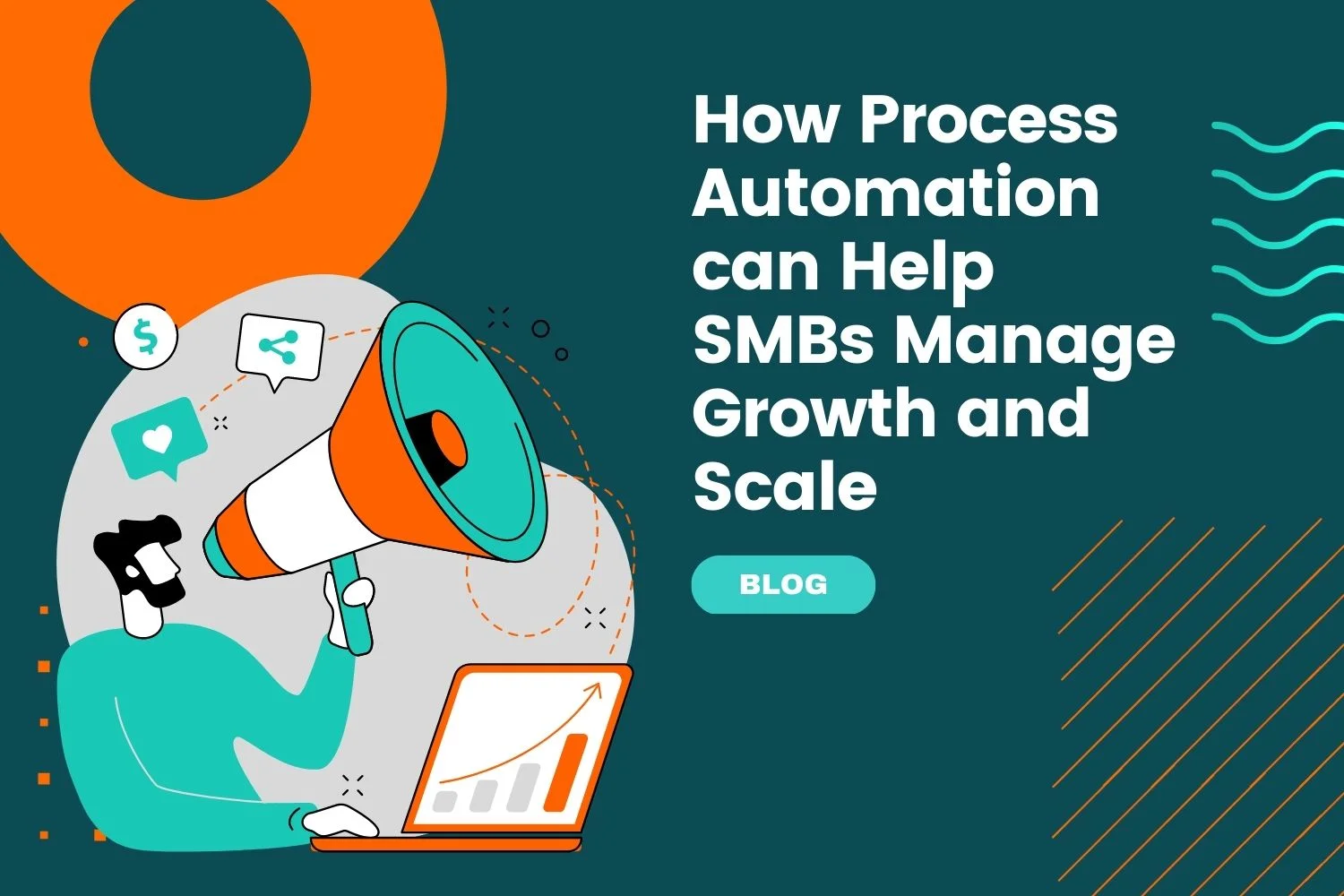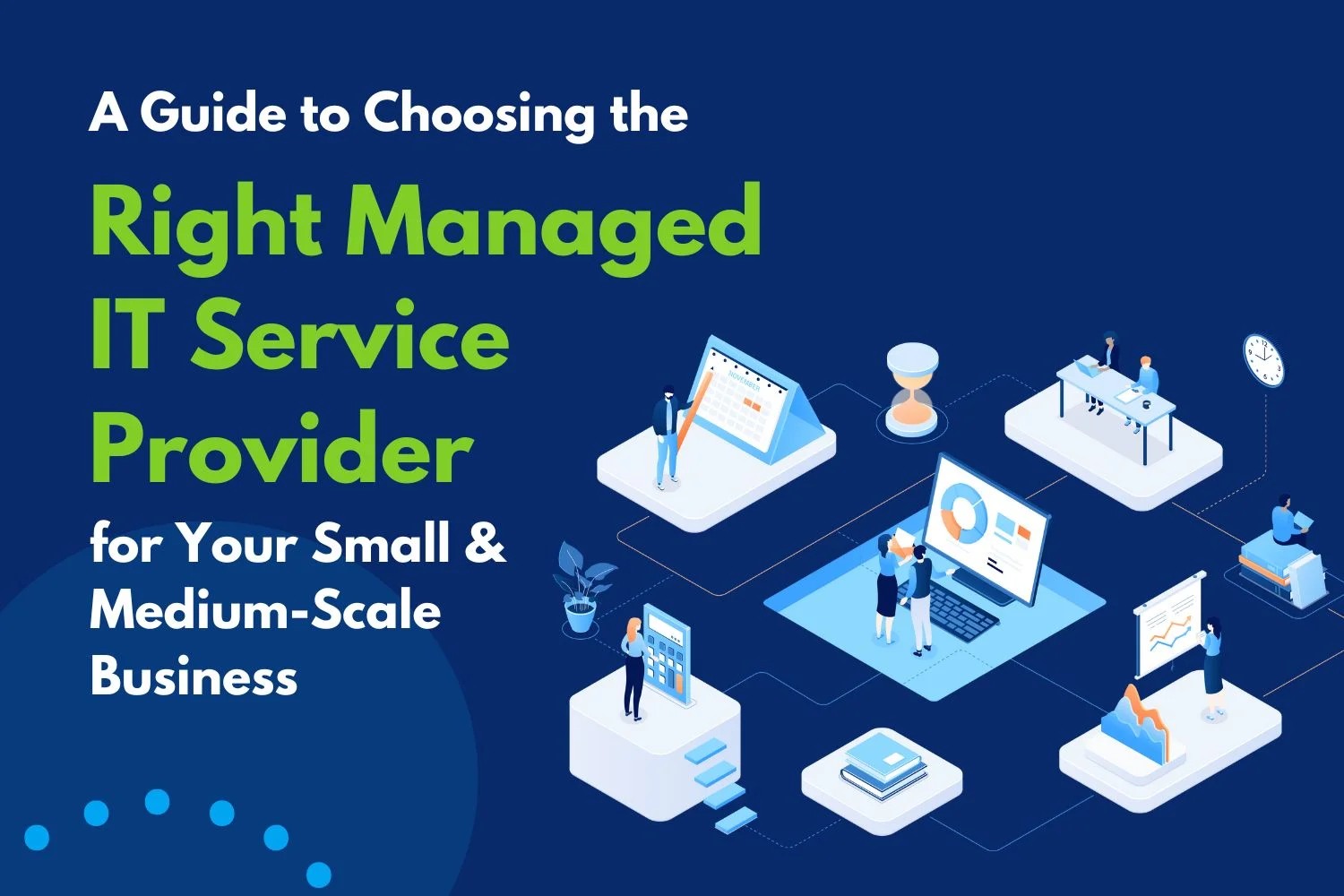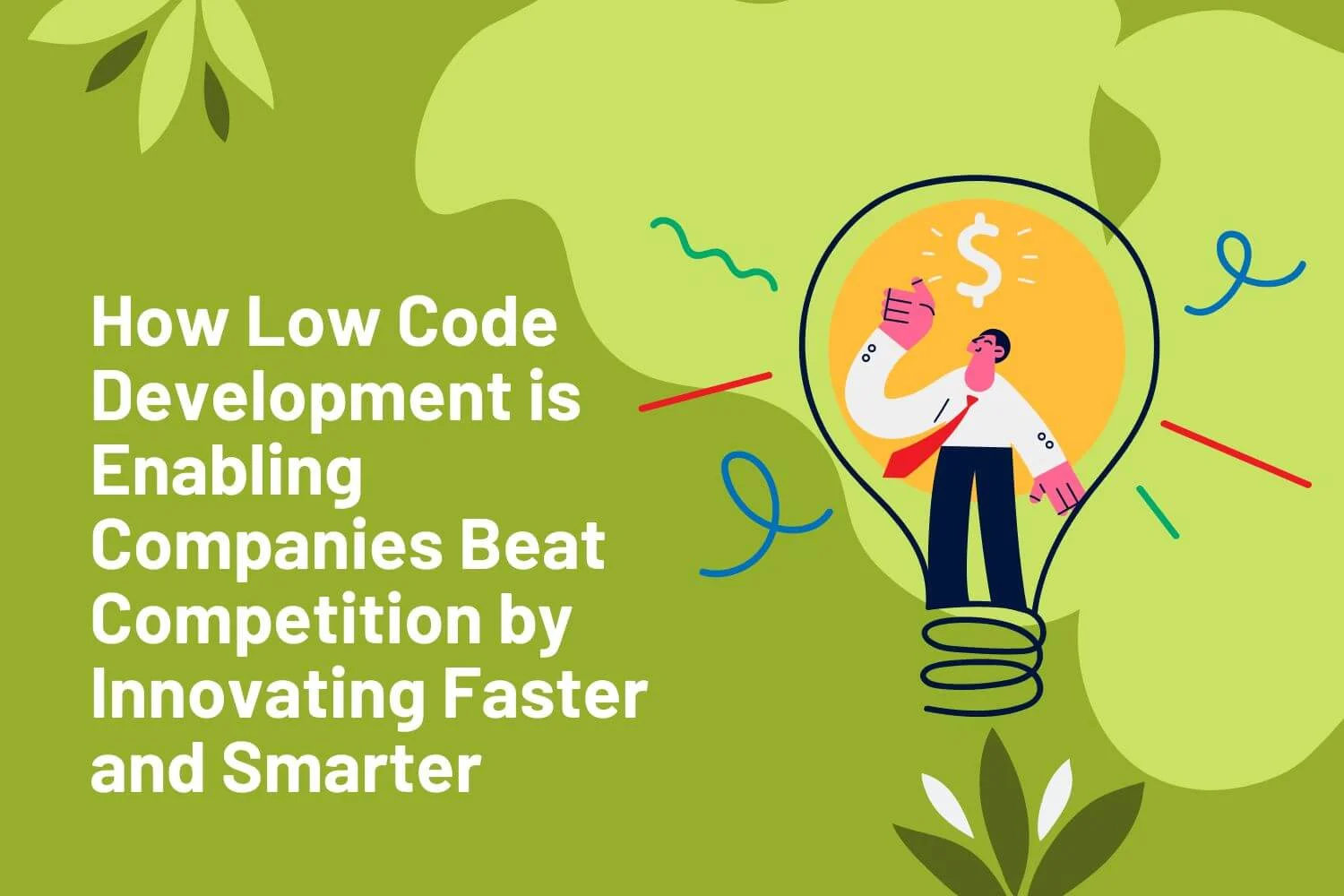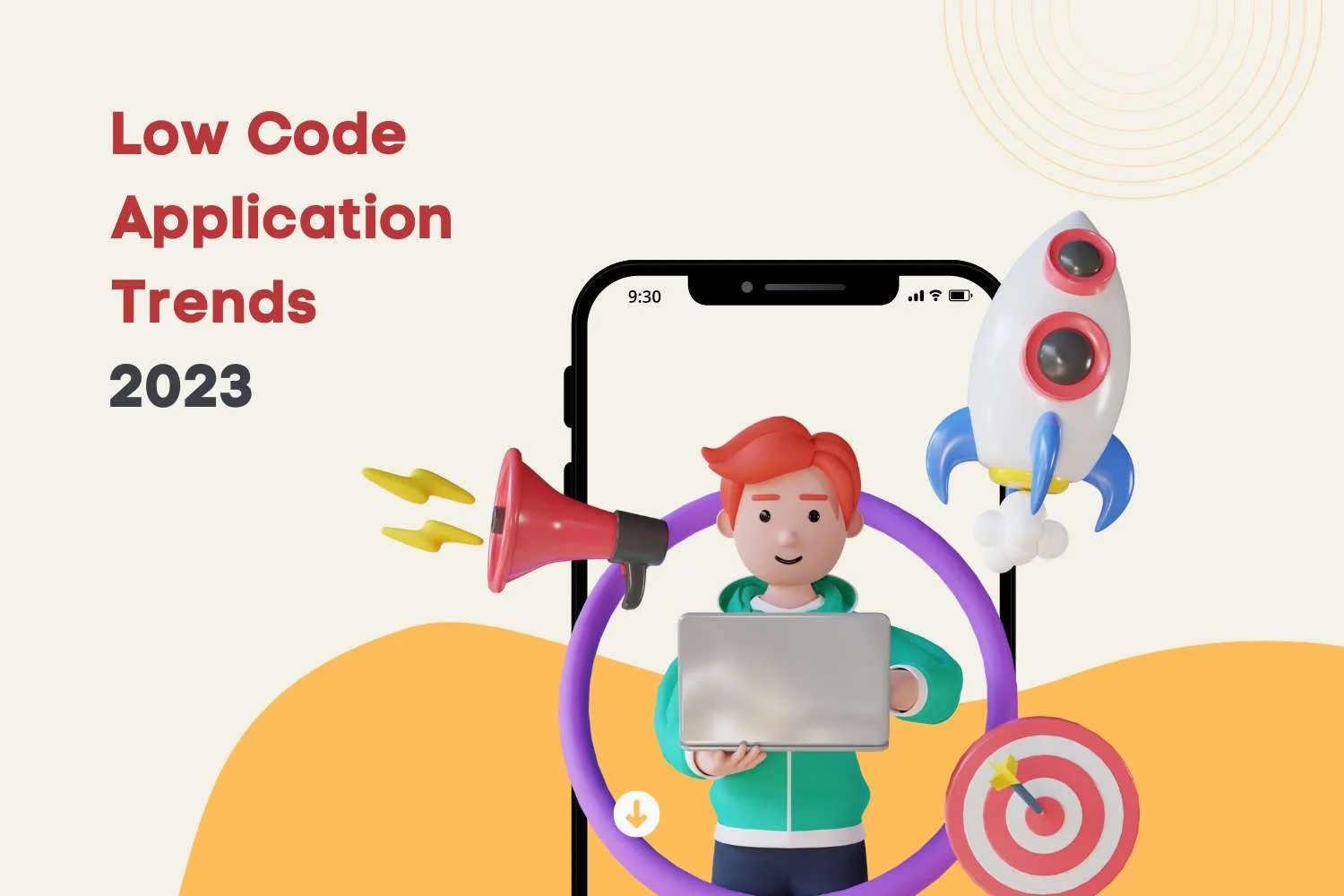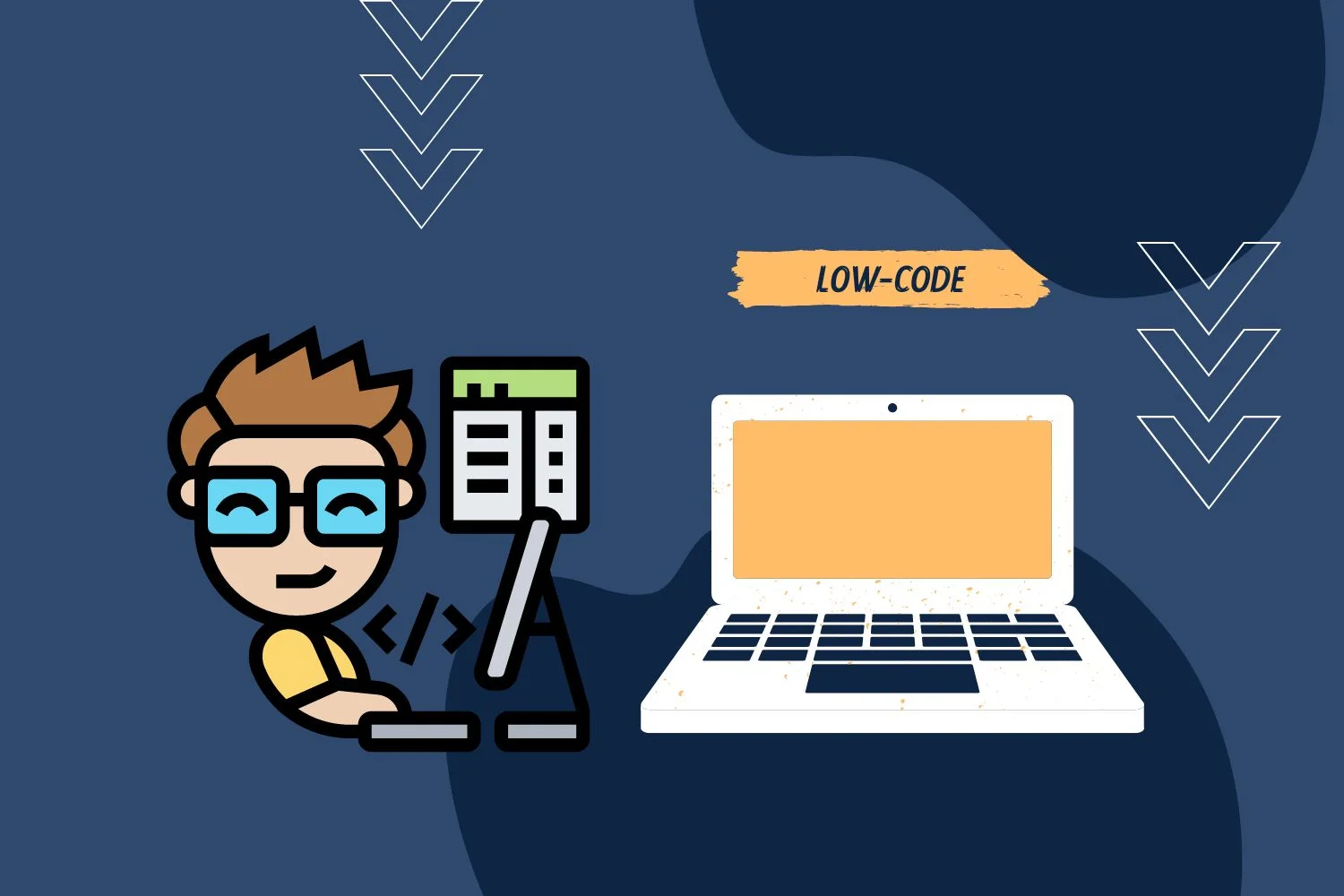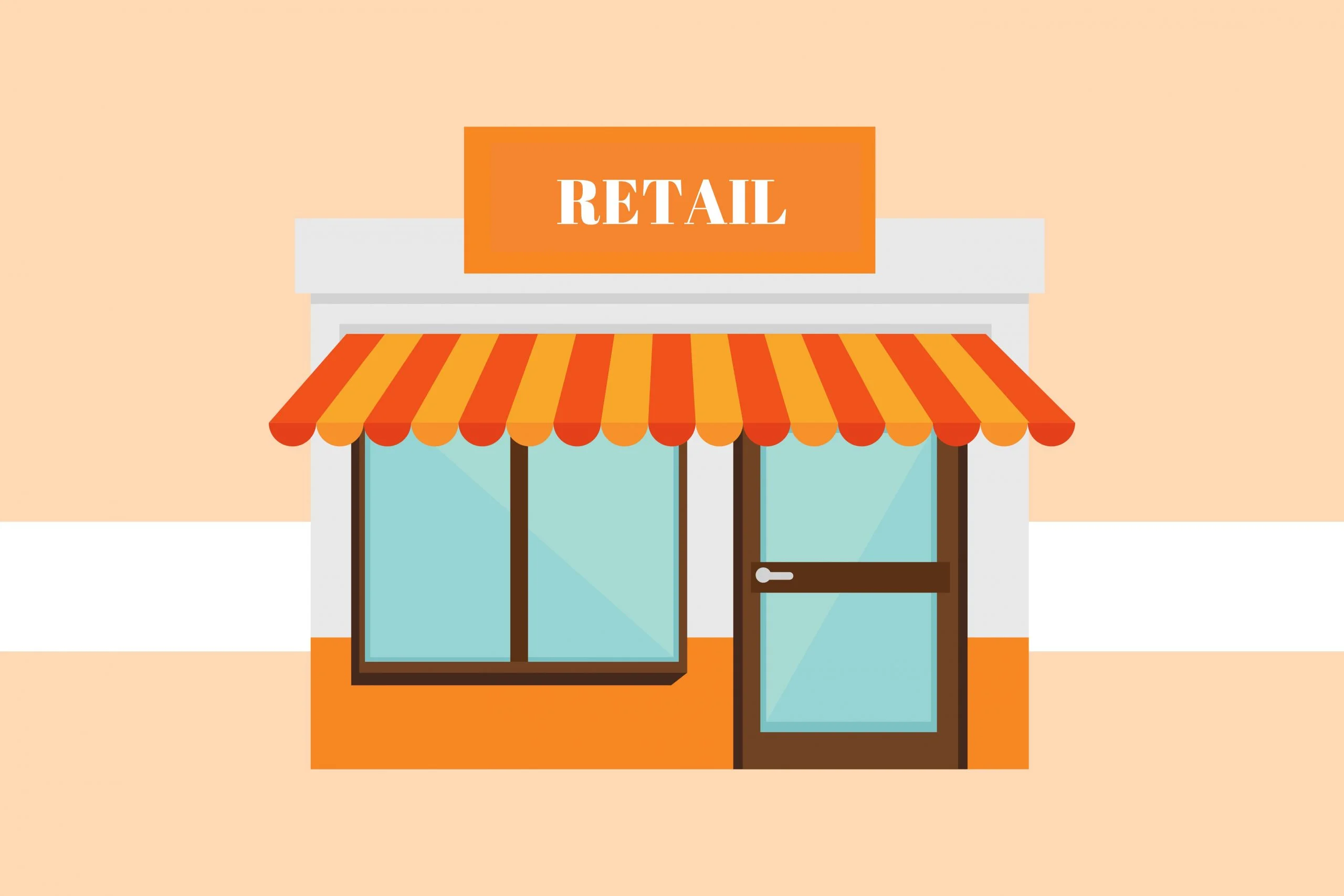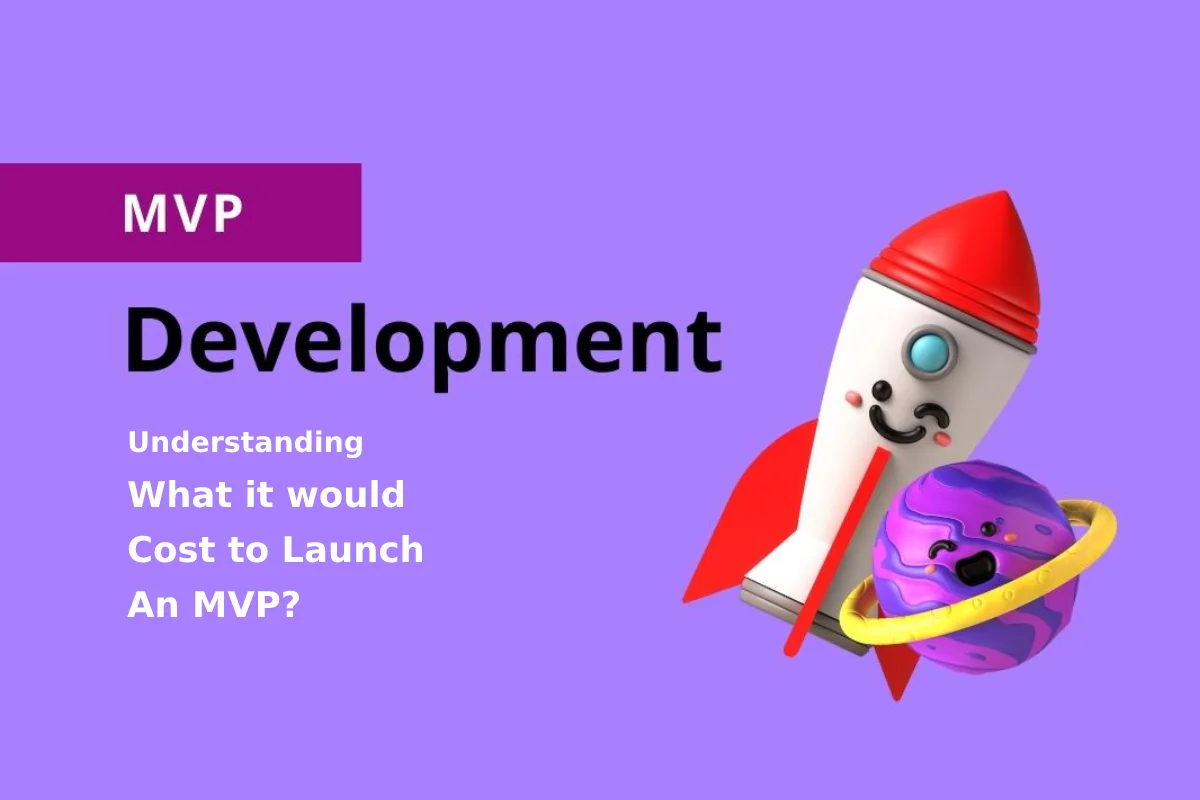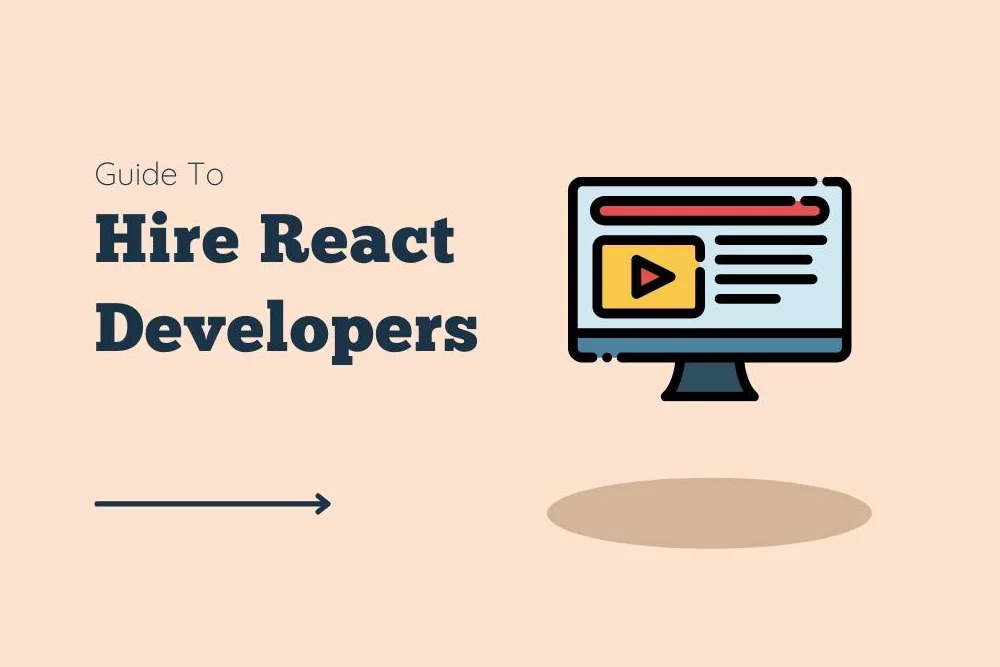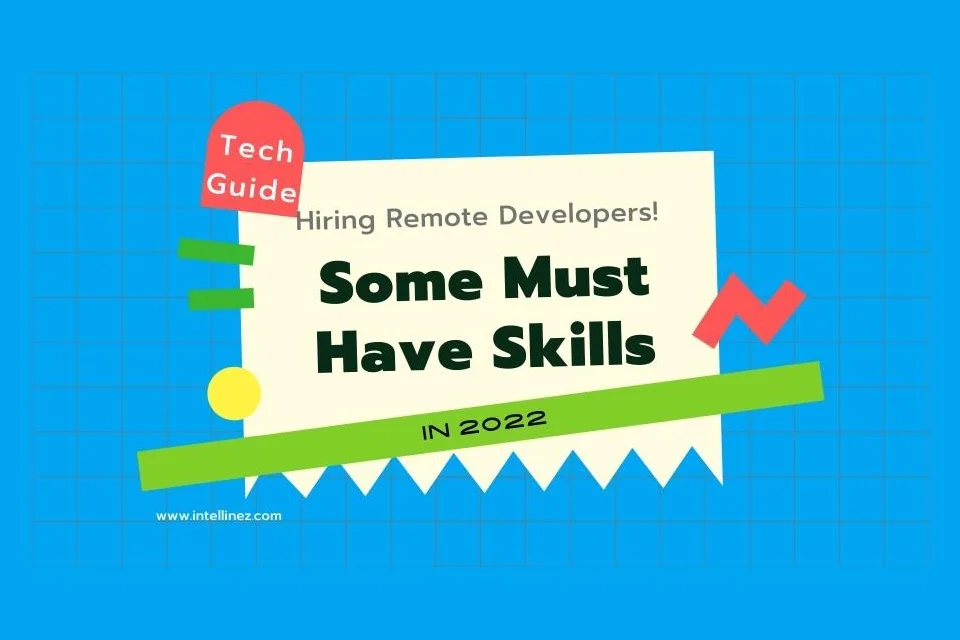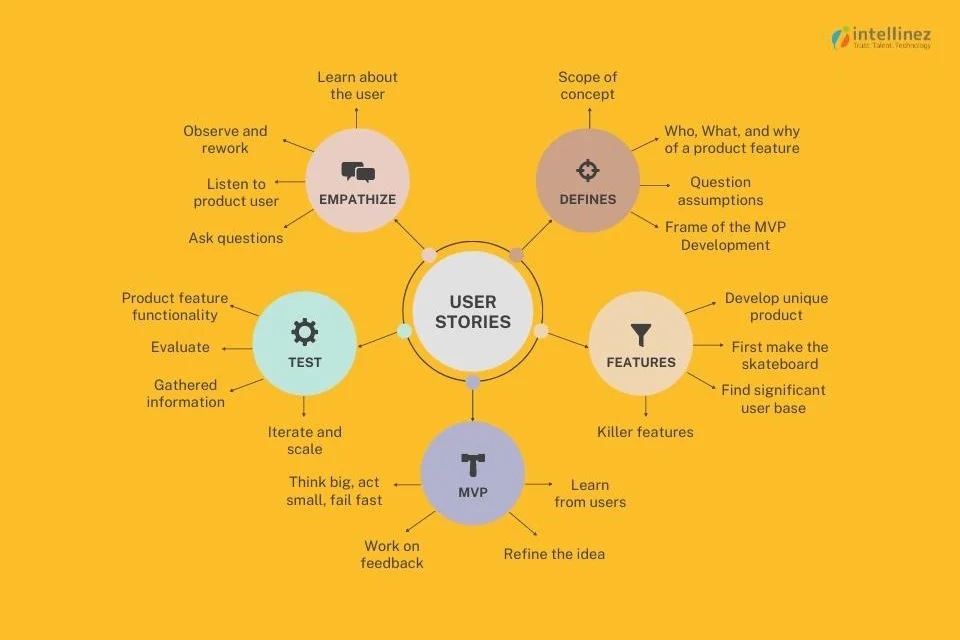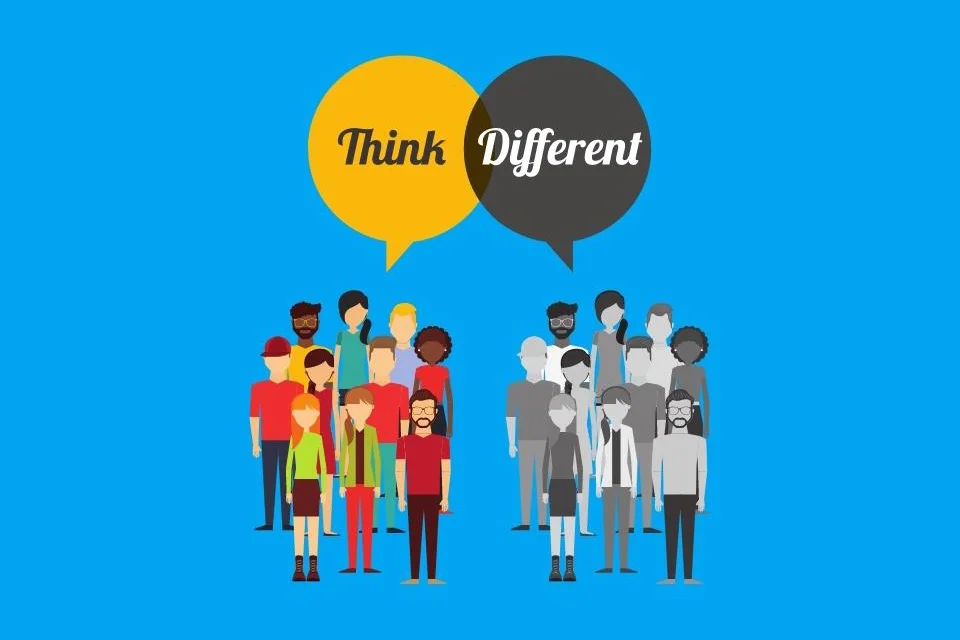Table of Contents
The retail industry has undergone significant transformation through digitalization, driven by advancements in technology such as predictive analytics and AI. As a result, the retail sector is increasingly relying on artificial intelligence, with projections estimating the use of AI in retail market to reach $23.32 billion by 2027. 
How Implementing AI in Retail is Changing it for the Better?
 1. Stores to Embrace Cashier-Free Experience
1. Stores to Embrace Cashier-Free Experience
The automation of stores introduces benefits such as shorter lines, reduced human staff, and significant cost savings. Amazon AI has pioneered checkout-free stores like Amazon Go, using technology that detects when customers pick up or put back items. When customers leave the store, their Amazon account is charged automatically. Amazon aims to expand this AI-driven model, requiring only a small team of 6 to 20 human staff members.
2. AI-Powered Chatbots to Enhance Customer Service
AI-powered chatbots elevate customer service by offering improved search capabilities, sending notifications about new collections, and suggesting similar products. For example, if a customer purchases a black hoodie, the chatbot can recommend a matching snapback to complete the look. A substantial 80% of global brands are already using or planning to implement AI chatbots in the near future. Prominent brands like Tommy Hilfiger and Burberry have already launched chatbots to assist customers in exploring their collections.
3. In-Store Support
Retailers are adopting technologies to assist both customers and staff in the shopping experience. Kroger EDGE technology replaces paper price tags with smart shelf tags, offering video ads, nutritional information, and promotions on display. Lowe’s introduced Lowebot, an autonomous in-store robot, aiding customers in finding items in various languages while also facilitating inventory management through real-time monitoring.
4. Price Optimization with AI
AI applications in retail enable businesses to determine optimal pricing strategies by visualizing potential outcomes. These systems collect data on competitor products, promotions, sales figures, and more. By leveraging this information, business leaders can present compelling offers, attract new customers, and boost sales. Companies like eBay and Kroger already employ artificial intelligence for price optimization, allowing them to stay adaptable by adjusting prices and promotions based on the insights obtained.
5. Price Predictions
Price forecasting utilizes various factors such as demand, seasonal trends, product characteristics, and release dates of new models to predict future product prices. Although commonly applied in the travel industry, this approach can also be utilized in retail. Imagine an app or service that enables customers to anticipate price fluctuations for specific products. With the power of AI, this becomes not only possible but also easily implementable. Integrating a price prediction feature can foster customer loyalty. Moreover, the utilization of predictive analytics and machine learning in the retail industry can offer far-reaching benefits beyond price predictions alone.
6. Optimizing Supply Chain and Logistics
Inefficient supply chain management and logistics result in significant annual losses of approximately $1.1 trillion for retailers worldwide. However, AI implementation in the retail supply chain can address issues such as excessive inventory and out-of-stock scenarios. By utilizing AI for restocking purposes, Intellinez can help retailers accurately forecast product demand by considering sales history, location, weather, trends, promotions, and other relevant parameters. An example is Morrisons, which improved stock forecasting and replenishment in 491 stores through the assistance of BlueYonder. This initiative led to a remarkable up to 30% reduction in in-store shelf gaps.

7. Product Categorization
LovetheSales.com serves as an excellent illustration of implementing machine learning in the retail industry. Through the use of ML models, it classifies over a million items from different sellers, enabling customers to easily find specific types of products. For instance, Lalafo utilizes machine learning retail software with computer vision capabilities, allowing sellers to upload product images, which are then recognized, categorized, and even provided with suggested prices. This platform efficiently handles over 900 requests per second, enhancing sales by delivering relevant content through the power of machine learning models.
8. Visual Search
AI-driven visual search systems enable customers to upload images and discover similar products based on colors, shapes, and patterns. Cortexica’s image recognition technology boasts an impressive accuracy rate of nearly 95%. The Find Similar feature – well-received by customers with 90% positive feedback – is a testament to its effectiveness. American Eagle utilizes visual search with their IR technology, not only assisting users in finding identical or similar clothing items but also providing suggestions on complementary pieces to complete their look.
9. Voice Search
Prominent brands such as Walmart, Tesco, Kohl’s, and Costco leverage Google or Amazon AI technology to offer customers a seamless voice search experience. With voice commands, customers can effortlessly inquire about desired items and track their delivery status without the need for typing. Notably, 27% of people worldwide utilize voice search on mobile devices, with 52% expressing a preference for its convenience over mobile apps and websites.
10. Virtual Fitting Rooms
Virtual fitting rooms are an exciting application worth highlighting. They enable customers to save time and discover the perfect outfit with all the elements harmoniously matched, all within minutes! Me-Ality’s virtual fitting kiosks, capable of scanning individuals in just 20 seconds and measuring 200,000 body points, have been installed by companies like Levi’s, Gap, Brooks Brothers, and Old Navy. This adoption has resulted in significant sales increases for these retailers.
11. Customer Satisfaction Monitoring
Artificial intelligence has the ability to discern the emotions of customers during their shopping journey. Walmart, for instance, has implemented a facial recognition system to track customer moods. Cameras installed at checkout lanes detect signs of customer annoyance, prompting a store representative to address their concerns. Mood tracking plays a crucial role in fostering stronger customer relationships and enhancing overall satisfaction.
12. Customer Behavior Prediction
Platforms like Personali leverage artificial intelligence to harness the principles of behavioral economics, enabling businesses to tailor individualized approaches for each customer. Personali’s Intelligent Incentive platform analyzes the psychology and emotions of customers to drive increased purchases.
By processing emotional responses and past shopping behaviors, the algorithm generates optimal pricing offers personalized to each visitor. This proactive approach to customer behavior prediction enhances the overall shopping experience and boosts customer engagement.
Intellinez Systems can develop AI models for you to predict your customer behavior and help you make informed decisions. Get a consultation today.
Challenges in the Adoption of AI in Retail Industry

The recent O’Reilly survey highlights that over 50% of the challenges related to implementing computer vision and AI services revolve around skill gaps, insufficient data, and identifying suitable use cases.
I. Lack of Skilled Professionals
AI implementation often faces challenges due to skill shortages, lack of data, and identifying suitable use cases, according to a recent O’Reilly survey. These obstacles hinder the seamless adoption of computer vision and AI services, highlighting the need for skilled professionals and proper planning to overcome these barriers.
II. Lack of High Quality Data
To ensure accurate outcomes, high-quality data is vital for successful AI model implementation. While open-source datasets work for testing and MVP development, clean data is necessary for comprehensive solutions. Privacy and accessibility issues may pose challenges in obtaining visuals. Adhering to compliance and security, manual tagging, randomization, and creating synthetic data are valuable practices. Early establishment of robust data management processes facilitates dataset enhancement and future AI model retraining.
III. Reluctance to Change
Resistance to cultural change within a company can impede AI initiatives, as it involves disrupting processes and incurring additional costs. Some organizations may not grasp the value of AI due to challenges in explaining data-driven decision-making. Convincing senior decision-makers requires strong, evidence-based arguments and educating them on the benefits of AI, focusing on advantages rather than technicalities. Despite the potential lengthiness, the endeavor is worthwhile.
Steps to Overcome The Challenges to Implement AI in Retail Sector

Step 1 – Start Small
- Begin with a small-scale AI project to learn the technology and demonstrate its value.
- Use this initial success to build confidence and support for further AI implementation.
Step 2 – Partner with Experts
- Collaborate with experienced companies such as Intellinez Systems, specializing in AI implementation.
- Leverage their expertise to navigate potential pitfalls and maximize the benefits of AI.
Step 3 – Focus on the Benefits
- Emphasize the advantages AI brings, such as improved customer service, increased efficiency, and reduced costs.
- Highlight these benefits when advocating for AI adoption within your organization.
Step 4 – Set Clear Goals
- Define the specific outcomes you aim to achieve through AI adoption.
- Use these goals to select the most suitable AI solutions for your business.
Step 5 – Conduct Thorough Research
- Explore the various AI solutions available and assess their compatibility with your retail operations.
- Choose the solution that best aligns with your needs and objectives.
Step 6 – Secure Stakeholder Buy-In
- Gain support from all relevant stakeholders, including employees, customers, and investors.
- Communicate the benefits and long-term value of AI to address any concerns or resistance.
Step 7 – Start with Manageable Projects
- Avoid overwhelming your organization by implementing AI incrementally.
- Begin with smaller initiatives and gradually scale up as you learn and adapt.
Step 8 – Practice Patience
- Understand that AI implementation is a process that requires time and learning.
- Manage expectations and remain patient, as the full benefits of AI may not be immediate.
The Impact of Artificial Intelligence on the Future of Retail
AI’s potential in retail holds great promise, with investments aimed at enhancing customer care, personalization, and inventory management. It enables retailers to anticipate and address in-store customer needs, while AI chatbots and voice recognition features are integrated into 90% of online e-commerce platforms for improved convenience and customer satisfaction.
AI’s impact on supply and demand balancing in retail is significant, leading to better business outcomes. As a result, incorporating AI ensures elevated customer service and brand credibility. Market reports predict the AI retail industry to reach 31.2 billion USD by 2025.
Conclusion
In the near future, the integration of AI in retail stores will become increasingly prevalent. Retailers will depend on artificial intelligence to conduct research, determine pricing, and effectively manage their in-store product offerings. Additionally, AI technology will be utilized to elevate the overall customer experience within the physical store environment.
AI possesses remarkable efficiency, predictive capabilities, and accuracy. Consequently, it is only a matter of time before AI-driven checkouts, optimized planograms, and augmented in-store interactions become extensively embraced, ultimately enriching the shopping experiences for both customers and retailers alike.
How can Intellinez Assist You on Your AI Retail Journey?
Don’t let the complexity of implementing AI in retail hold you back. Partner with Intellinez Systems, a trusted technology solutions provider, to receive comprehensive support and guidance throughout the entire process. Our experts are here to assist you, from initial implementation to ongoing support. Contact us today to learn more about how Team Intellinez can benefit your retail business.
FAQs
-
How to Implement AI in retail?
Implementing AI in retail involves starting with small-scale projects to prove value, partnering with AI experts, and setting clear goals for outcomes. Retailers should focus on high-impact areas like supply chain optimization and customer service enhancements.
-
What are the benefits of AI in retail?
AI enhances efficiency, improves customer experiences, optimizes pricing strategies, and streamlines supply chain management. Technologies like chatbots, cashier-free stores, and virtual changing rooms create seamless shopping experiences.
-
What are common challenges of AI adoption in retail?
Challenges include a lack of skilled professionals, insufficient data quality, and resistance to cultural change. Retailers often face hurdles in explaining AI’s value to stakeholders and require robust planning to overcome these obstacles.
-
How does AI improve customer personalization?
AI analyzes customer data to tailor experiences, suggesting products based on behavior, preferences, and purchase history. Tools like chatbots, visual search systems, and behavior prediction platforms enable personalized shopping experiences that drive customer loyalty and satisfaction.
-
What role does AI play in supply chain optimization?
AI minimizes inefficiencies by predicting demand, optimizing inventory, and managing restocking processes. For instance, it analyzes sales history, weather, and trends to ensure products are available when needed, reducing waste and stock shortages.
Soumya Mishra
Technology Leader proficient in engineering and execution of enterprise-level IT projects and providing support services on the same. Possesses the ability to set functional and technical strategies, converting them to an achievable plan of action, and driving them to realize and achieve customer success. Passionate leader believing in leading by example, possessing strong problem-solving skills and a can-do attitude. Adept at handling cross-functional teams across the globe and motivating them to achieve outstanding and sustainable results to meet organizational goals and objectives! Guiding Quote – “Every job is a self-portrait of the person who did it, Autograph your work with excellence”

 1. Stores to Embrace Cashier-Free Experience
1. Stores to Embrace Cashier-Free Experience




































![A Comprehensive Guide to AWS SaaS Architecture [Diagram Included] 88 Aws SaaS Architecture](http://www.intellinez.com/wp-content/uploads/2024/08/Title-image.jpg)

